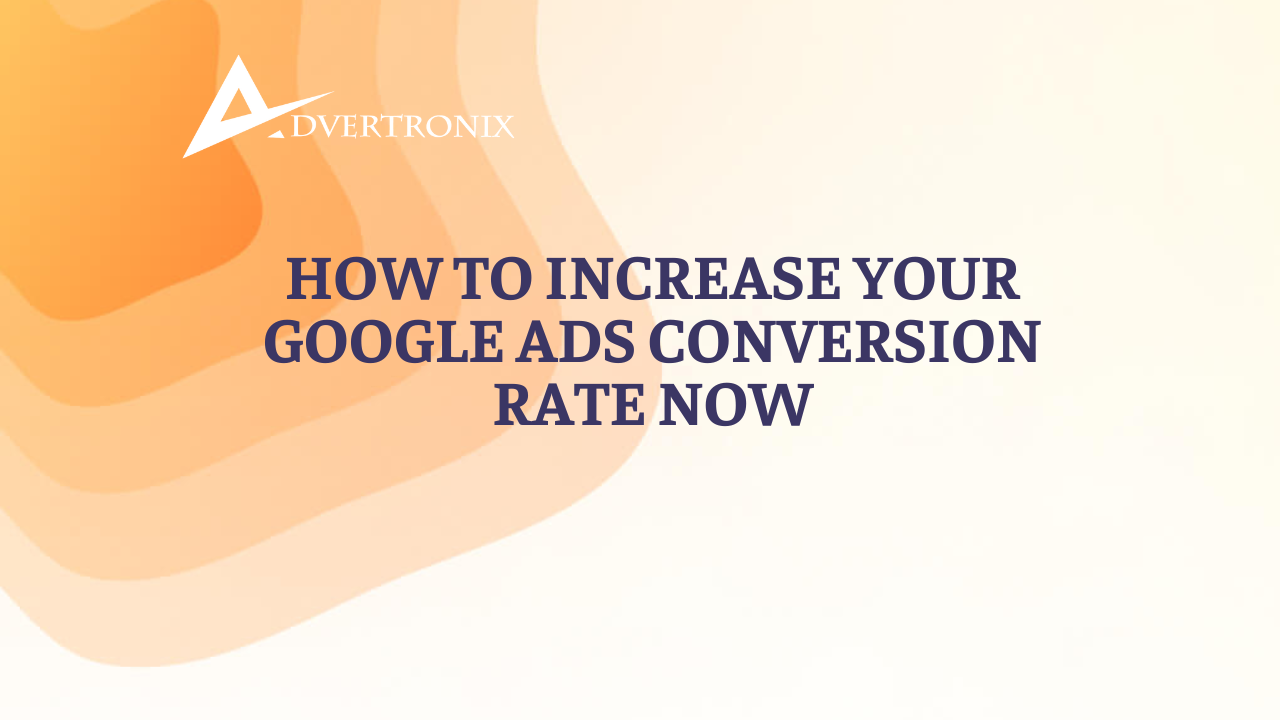

Accurate conversion tracking is key to improving your Google Ads results. It helps you see which ads, keywords, or campaigns drive the most action, like sales or sign-ups.
This insight lets you make smarter choices. You can focus on what works and stop spending on what doesn’t.
When your tracking is correct, you can also test different ideas to find new ways to boost your success.
The best way to track conversions accurately is by using Google Tag Manager. It helps you manage all your website tracking in one place.
You can track clicks, forms, or even phone calls with ease. It reduces errors because you don’t need to change your website code directly.
With Google Tag Manager, you know your data is reliable. This leads to better ad decisions and more conversions. Accurate tracking means every dollar you spend works harder for you.
A good landing page is crucial for your Google Ads conversion rate. It’s where potential customers decide if they’ll take action.
A poorly designed page can drive people away.
To make the most of your ads, your landing page must be easy to read and clear. Visitors should quickly find the information they need.
It should encourage them to take the next step, like filling out a form or making a purchase. Here are some tips to create a conversion-friendly landing page:

Ad copy is a key part of your PPC campaigns. The words you use in headlines or descriptions can change your clickthrough and conversion rates.
Testing different headlines and descriptions is vital. It helps you see which language works best for your audience.
Google’s Responsive Search Ads make this simple. You can add 15 headlines and 4 descriptions. Google tests them to find the best-performing combinations.
Some language may get many clicks but few conversions. Other wording might get fewer clicks but lead to more conversions.
It’s important to check how each ad performs. Compare results and adjust your campaign as needed.
A proactive approach to using negative keywords is one of the best ways to boost your conversion rates. This strategy helps you focus your ad budget on searches that truly matter.
It’s important to regularly review your search terms reports. Check for any irrelevant keywords that might be costing you money. These are words or phrases unlikely to lead to conversions. Removing them ensures your budget is spent wisely.
Google’s broad match keyword type can sometimes show your ads for unrelated search terms. For example, your ad might appear for a search that doesn’t match what your business offers. This can waste both your budget and your time.
To avoid this, identify these irrelevant search terms early. Add them to your negative keywords list right away. By doing this regularly, you keep your ads relevant and focused on attracting the right audience.
© 2023 Advertronix. All rights reserved.